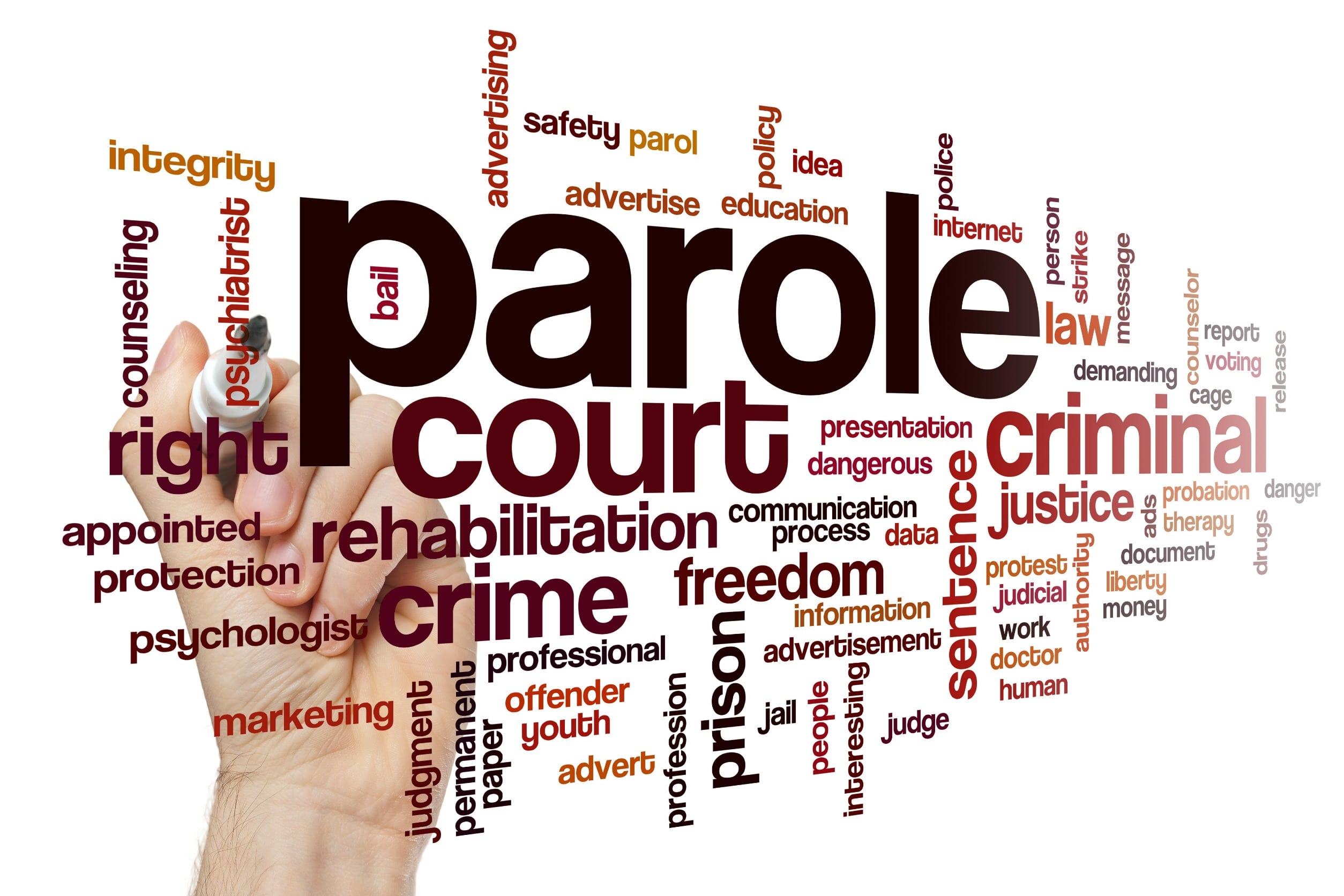Probation and parole are terms often used interchangeably but refer to different legal concepts in Colorado. Both probation and parole involve the supervision of a convicted offender in the community, but they have distinct purposes, conditions, and requirements. Understanding the differences between probation and parole can be critical to navigating the criminal justice system.
Probation in Colorado
Probation is a form of community supervision that allows a person to serve their sentence outside of jail or prison under specific conditions set by the court. Probation can be part of a criminal sentence or an alternative to incarceration. Probation typically involves regular check-ins with a probation officer, compliance with specific conditions set by the court, and sometimes community service or restitution.
The conditions of probation in Colorado can vary widely, depending on the nature of the offense and the offender’s background. Conditions can include drug testing, mental health treatment, employment, curfew, and restrictions on travel. Violating the conditions of probation can result in the revocation of probation and a return to jail or prison.
Parole in Colorado
Parole, on the other hand, is a conditional release from prison that allows a person to serve the remainder of their sentence under supervision in the community. Parole gets typically granted to inmates who have served a portion of their sentence in prison and demonstrated good behavior while incarcerated. Parole eligibility gets determined by the Colorado Department of Corrections (DOC). It is based on various factors, including the sentence length, the offense committed, and the inmate’s criminal history.
Like probation, parole in Colorado involves compliance with specific conditions set by the court or parole board. These conditions include regular check-ins with a parole officer, drug testing, mental health treatment, and employment. Parole can also involve electronic monitoring, curfew, and restrictions on travel. Violating the conditions of parole can result in the revocation of parole and a return to prison.
Key Differences between Probation and Parole
The primary difference between probation and parole is the point in the criminal justice process at which they occur. Probation is a sentence handed down by the court, while parole is a conditional release from prison granted by the parole board. Probation is often an alternative to incarceration, while parole is a form of supervised release after incarceration.
Another critical difference between probation and parole is the length of supervision. Probation typically lasts for a set period, while parole can last for years or until the end of the offender’s sentence. Parole supervision is often more stringent than probation, with stricter conditions and frequent check-ins.

In Colorado, probation and parole are two distinct forms of community supervision that serve different purposes in the criminal justice system. Understanding the differences between probation and parole can be critical to navigating the legal process and achieving the best possible outcome in your case.
If you’re facing criminal charges in Colorado or have questions about probation or parole, it’s essential to seek the guidance of an experienced criminal defense attorney. An attorney can help you understand your legal rights, navigate the criminal justice system, and work to minimize the impact of criminal charges on your life. Contact a Colorado criminal defense attorney today to get the help you need
About the Author:
Kimberly Diego is a criminal defense attorney in Denver practicing at The Law Office of Kimberly Diego. She obtained her undergraduate degree from Georgetown University and her law degree at the University of Colorado. She was named one of Super Lawyers’ “Rising Stars of 2012 & 2019-2022” and a “Top 100 Trial Lawyers in Colorado” for 2012-2022 by The National Trial Lawyers. Both honors are limited to a small percentage of practicing attorneys in each state. Additionally, Expertise names her to its lists of the 25 Best Denver DUI Lawyers and 21 Best Denver Criminal Defense Lawyers, both in 2020-2022. Ms. Diego has also been recognized for her work in domestic violence cases.





